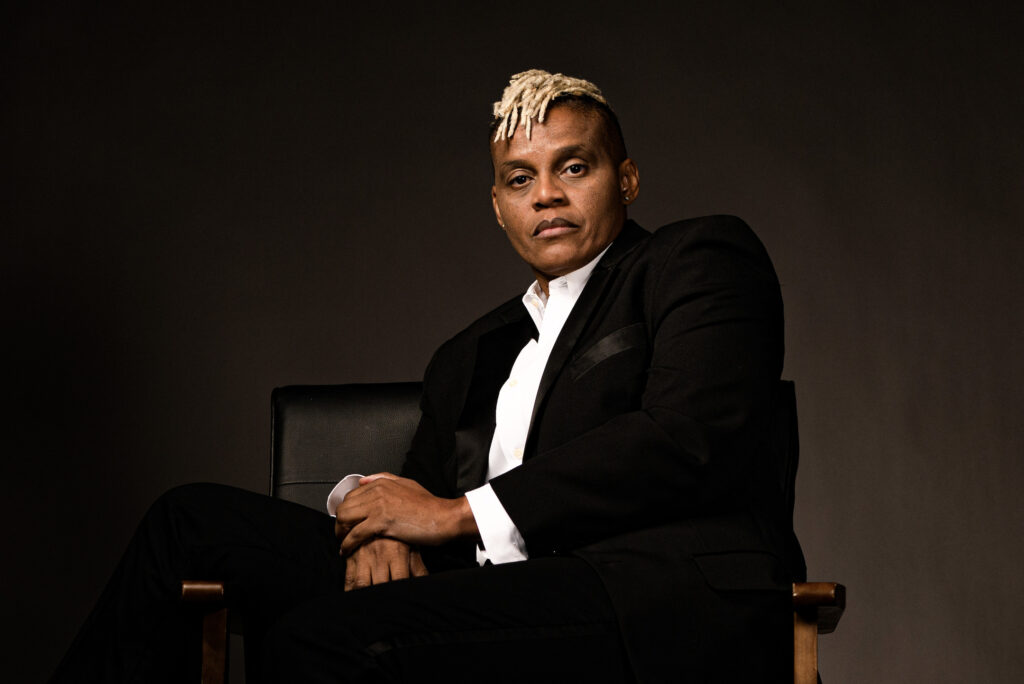Sheri Johnson is a strong voice behind a new LGBTQ streaming platform
From Studville TV web series to Strong Voices TV streaming platform, Sheri Johnson has blazed a trail and learned a lot along the way.
Do Netflix and Disney have our backs? Does any streaming platform truly keep anti-LGBTQ content off it? Do we have a seat at the table of representation and are we being heard? Sheri Johnson doesn’t think so. If you don’t know Johnson you may have heard of Studville TV, the hit pioneering web series which followed the lives and loves of four Black lesbian “studs.” After four seasons the show garnered millions of views and Johnson went onto even bigger things, arguably the most diverse and all-inclusive LGBTQIA+ streaming service out there: Strong Voices Television or SVTV.
But to get to know Johnson a little better, I wanted to go back to where it all begin: in Studville. Back in 2012, Johnson was in the habit of writing ideas on a wall of her apartment that she had painted in black chalkboard paint, and while she would write up ideas for the semi-fictional, semi-autobiographical Studville, she also wrote the word “Gayflix,” inspired perhaps by Netflix, which was taking off at the time. That idea has now come to fruition with Strong Voices TV. But let’s go back to where it all began: An educator and volunteer fire fighter who wanted a seat at the table for all of us.
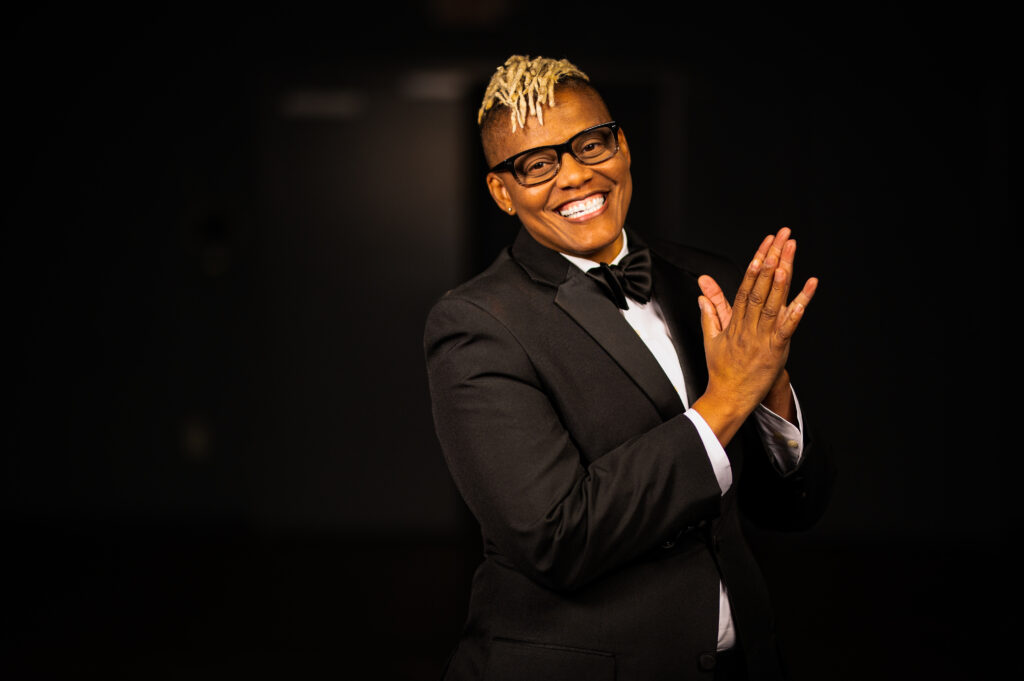
Studville was your entry into TV. What was your lightbulb moment for when you said this series has to happen?
Sheri: Everything starts with heartbreak. I was a sergeant on the Fire Department and went through a ten year separation, we’d been together for ten years, got cheated on and so forth. And my best friends were there. We met playing semi-pro basketball and we met there and we’ve been friends for years, over 20 years now. And they were by my side during this initial and traumatic breakup. And someone just mentioned, ‘Your life should be a TV show.’ And I’m looking at them like, ‘Your life should be a TV show too!’ I mean, we’re all in the same boat, but I have to be the person that just broke up with someone. I’m very competitive, definitely in sports. And I took that as them throwing the gauntlet down, like, you know, I’m going to tell our stories. So I got an amateur cast together. I put an ad on Craigslist for a writer, and a white heterosexual male answered the call. His name is Rob Fox. He was amazing in putting our story in the script format. So I pretty much wrote everything, gave him all the content and he put it all in script format. And from there, Studville TV was born telling the lives of myself and my three best friends, and we had no idea how good it would take off: millions of views, four seasons, reaching [hundreds] of countries—and the heterosexual population. You know, for some reason it touched them. We would get messages all the time from metrosexual people saying, ‘Oh, my God, I’m not gay, but I didn’t know this stuff happened to y’all, this stuff happens to us too!’ So, you know, it reached so many people that wanted and resonated with our story. So that’s how it was born.
For those of us who don’t know, can you explain the identity of the stud?
Sheri: It is a label. A stud is a masculine presenting female lesbian. So, the tomboys who take it to an extreme level, they don’t want to transition into becoming a trans male, but they are or they carry themselves in a masculine way. And so they’re the dominant ones, I guess, in a relationship, and they could be considered studs. So that is a label from the community and it is called a stud. And that’s just simply the tomboys, the masculine-centered lesbians.
Studville TV had four seasons. Is there going to be any more or any chance of an independent movie or a limited series?
Sheri: There are plans for a spinoff. The struggle was real in financing that; I financed the Studville TV myself on a then firefighter and then educator/teacher salary. And so there is a reboot in the works, with a name change to Ville to get it down, to make it more marketable.
Now, can we claim you as one of our own in the Queer Forty community?
Sheri: I really fit into that category. I’m 48 years old. I’ll be 49 in August of this year.
Happy Birthday! What are your thoughts about getting older in our community?
Sheri: Things have changed tremendously. You know, when I was younger, you didn’t tell people that you were gay or lesbian. We’re more open now, but there’s still work to go. But as far as responsibility to the younger ones, their tastes are different. So we cater to a different platform. And being a content creator, we cater to all segments of the LGBTQ+ community. There are a lot of letters and there are a lot of labels that are coming up. And all we can do is pretty much just stay in our lane and go with people that we’re comfortable with and identify with and just learn about the different other aspects of our community as we go. Non-binary is new to me personally, so that is a new category. So that’s something I didn’t grow up knowing within the community.
So as labels come up, then you just have to sit back and just investigate, learn what their habits are. But you can’t take ownership of them as you’re learning. But you want to try to create content and information that’s relevant to them, who are in those new labels. But we’re not going out like, tracking down on new labels, trying to resonate with them, which is pretty much down the lane under the LGBTQIA umbrella.
Now, tell us about Strong Voices Television. When did you birth this streaming platform?
Sheri: Netflix was taking off back in 2012 and I knew we needed our own media platform to tell our lives, our stories our way because they weren’t accepted or streamed or they weren’t on television. The representation was not there. I didn’t see a lot of people on television that looked like me: a masculine-presenting, lesbian, Black. And then that’s also why Studville TV the series was born — to tell our stories. Because the masculine lesbians that we did see on television, Snoop, she was on The Wire, which was a popular television show — they were gang members, drug dealers and so forth. And so that was a representation that we had. But myself and my friends, the people that were around me, we played pro ball together. We have degrees. They are in sororities (I didn’t pledge). We have careers, we have families. We were trying to get married. We weren’t slinging drugs. So that wasn’t representing us. And I think the show took off because of that representation. No one had ever seen representation like that. And so the SVTV network was really born at the same time with pretty much the same mission: to tell our stories our way, on one platform.
But it really got started when after the season finale of Season three of Studville TV, YouTube demonetized us and us being a top lesbian web series on YouTube, I felt that this affected others as well. And so that left me scrambling not only to find an outlet for our series, but to find an outlet and to be able to help others amplify their voices and get their stories out. And so at that point, that’s when the SVTV network was born, after we got demonetized, trying to find a solution to a problem.
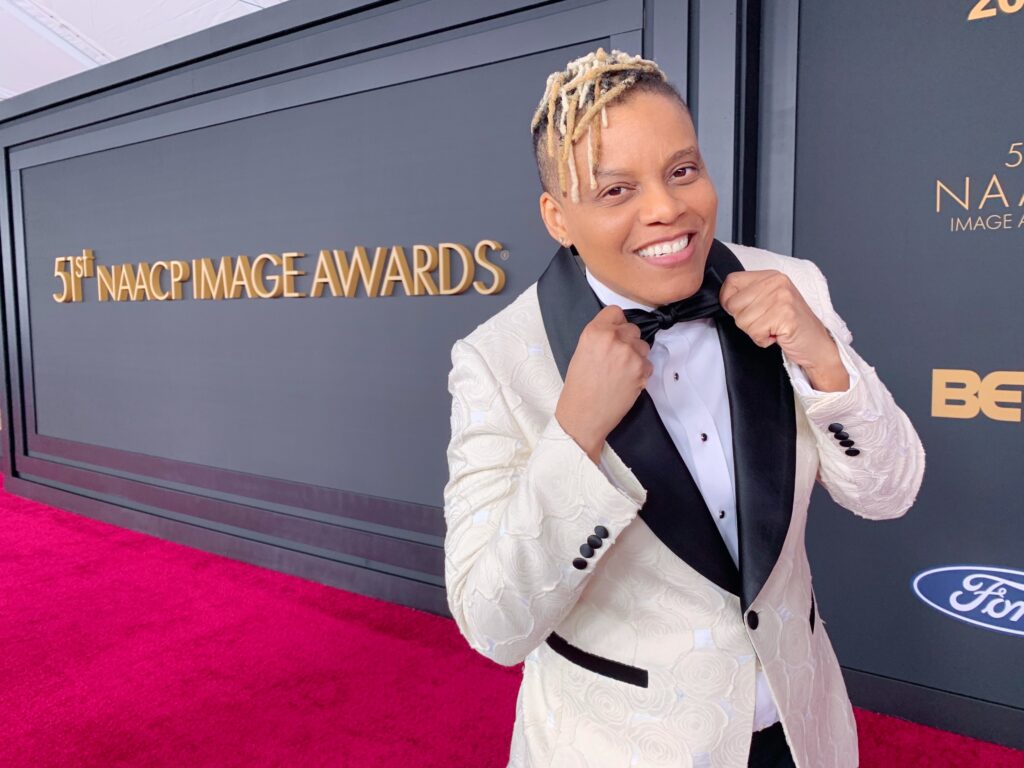
What are some of the challenges you’ve had in starting Studville TV and then SVTV and how did you overcome them?
Sheri: Starting StudvilleTV I was new to the industry. So I was finding an editor, funding the series, financing the series, becoming an executive producer, taking on that role, taking on the role as a boss. I didn’t see it like that at first. So it was like, Oh, my friend. Yeah, come on, come on. And so I had to change my mindset and get into business mode. And so those were obstacles in the beginning of the series. And you can tell the difference if you watch season one and then you transition with season two. By the time season three gets here, the audio has gotten better, the production has gotten better overall, the acting has gotten better. Because, you know, I think what saved us with the show is that our cast look good in the beginning. So they kind of swept under the rug that they couldn’t act, but these actors took it personally after hearing that feedback, and they took it upon themselves to take acting classes. They asked me to get acting coaches to come in, which I did, and you can tell the difference. So the biggest obstacle was going from creative mode to business mode and backwards and forwards.
The biggest obstacle for the SVTV network was simply the transition coming from a series now to a business platform which caters to multiple content creators, producers, our community, sports. So there was another transition, another business transition of the mindset. So those were the biggest obstacles with the SVTV network. I think we did a good job. I had to go from having tunnel vision to networking more, getting outside of my box with the show. My focus was just the show at first Studville TV. But now that we transferred over to the SVTV network, then, you know, that was an obstacle as well. You know, every level you go to, you have to change your mindset. You have to adjust to your environment. There are new rules, there are new set of standards that you have to adhere to.
When it comes to representing the different segments of our community, audiences can be critical. Have you faced criticism and have you taken it onboard?
Sheri: I don’t listen to criticism. [Entrepreneur] Gary Vee has a statement that he has tunnel vision. He does not listen to the applause. He does not listen to the boos. He just goes forward and keeps his eye on his mission and his purpose. And that has been me the entire time with anything that I’m doing. But as far as listening to the critics and reading the comments I go through and I read them, I do read them. But it isn’t heartening. Because there is always going to be critics, always going to be people rubbing against the grain. You just take it with a grain of salt and know that you’re doing the best that you can and you keep it moving to that next level.
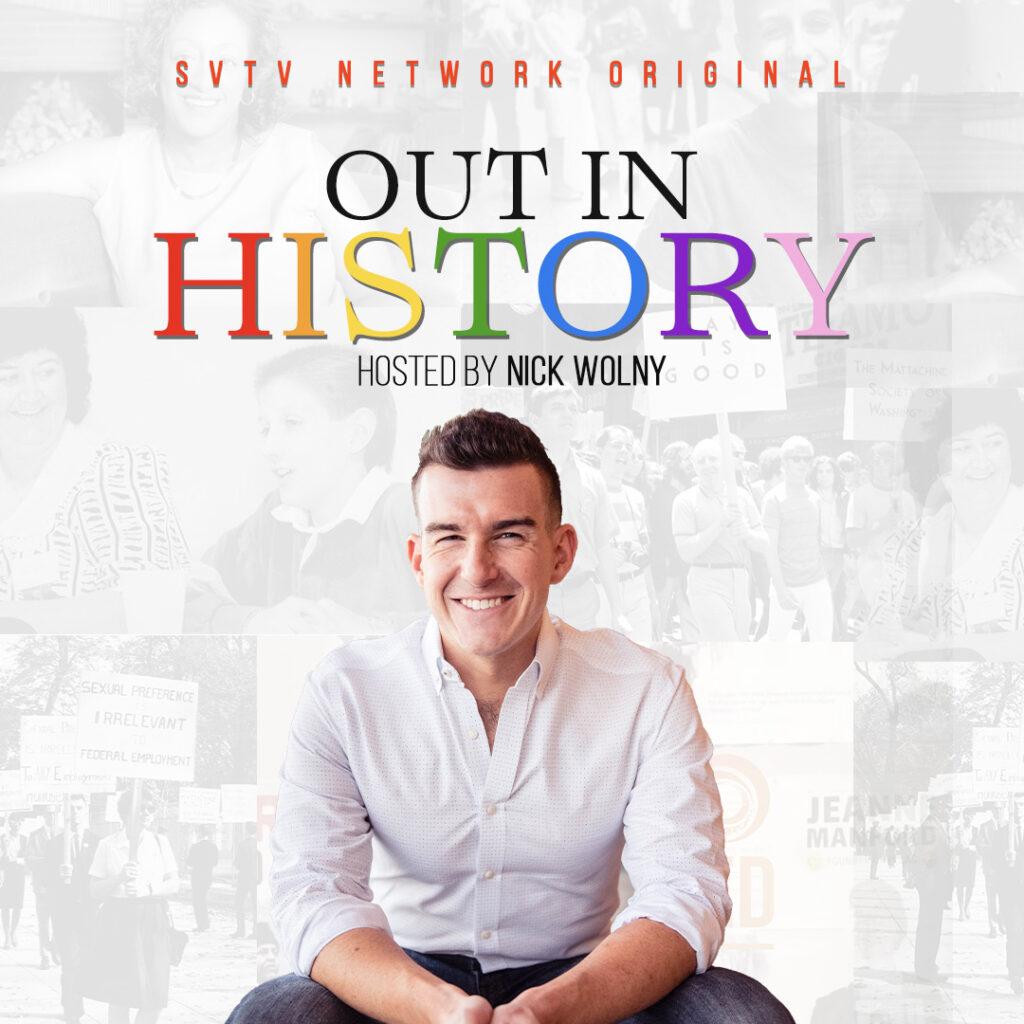
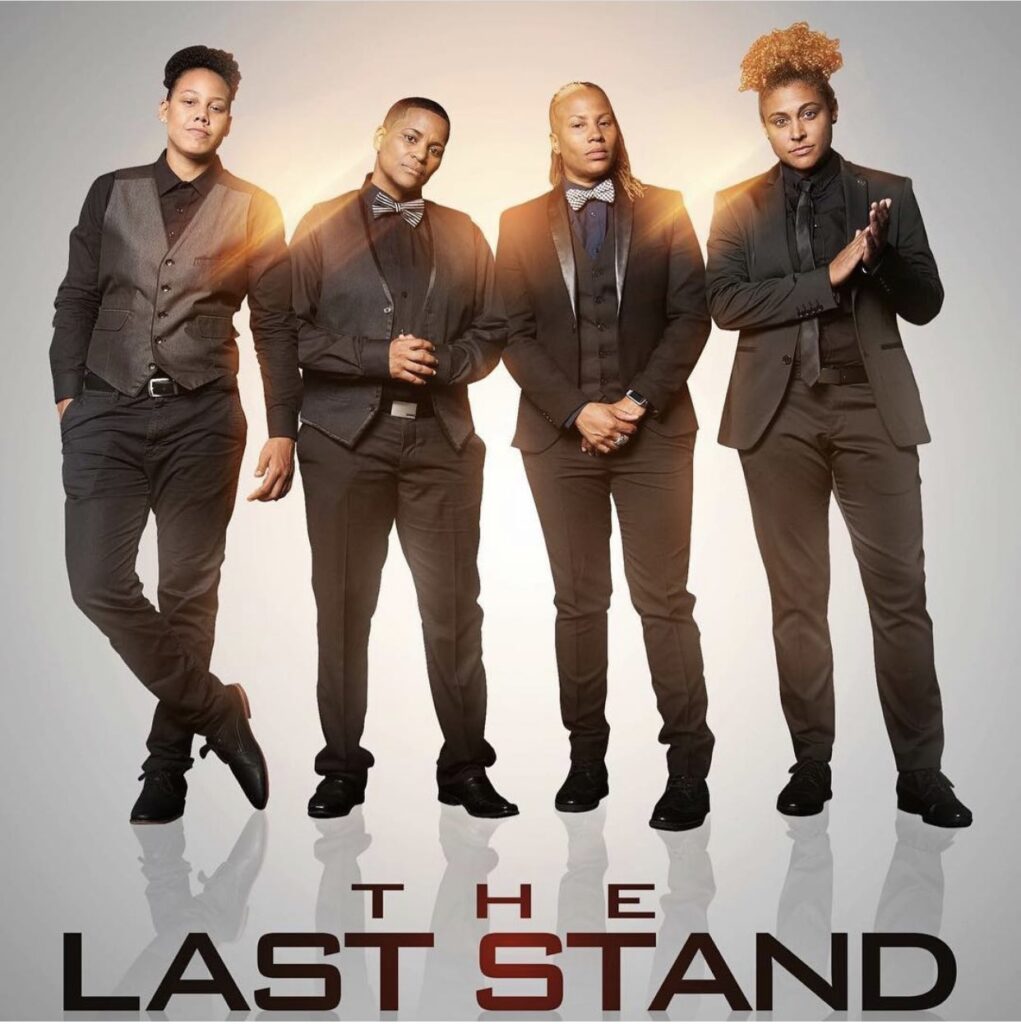
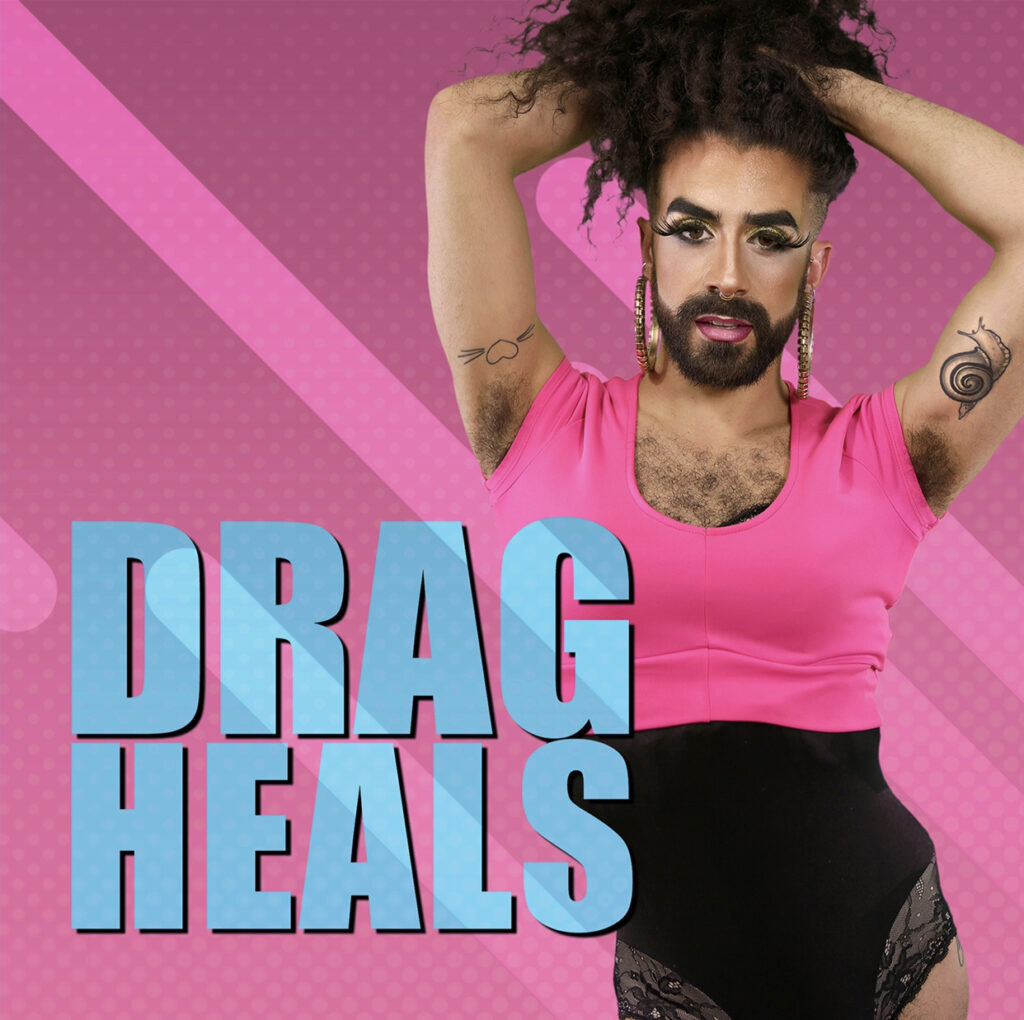
Can you differentiate between the kind of content that will be on SVTV and what you did with Studville TV?
Sheri: Studville TV is more African-American content, the series was about myself and my three best friends and we’re African-Americans. So that was, I say, geared towards African-Americans. Now we tried to diversify by bringing on other ethnicities within the show. And so that kind of threw in, you know, other ethnicities as well. But our audience with the show was primarily African-American women.
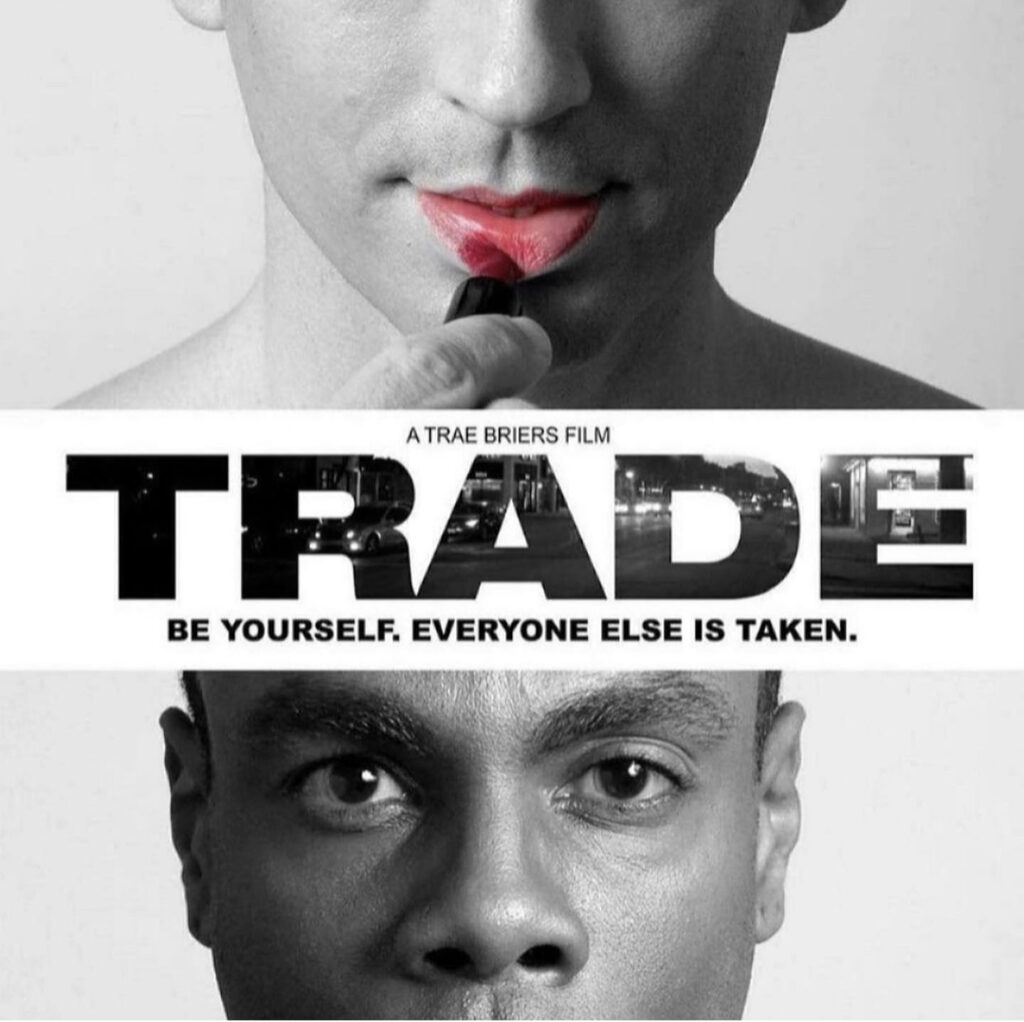
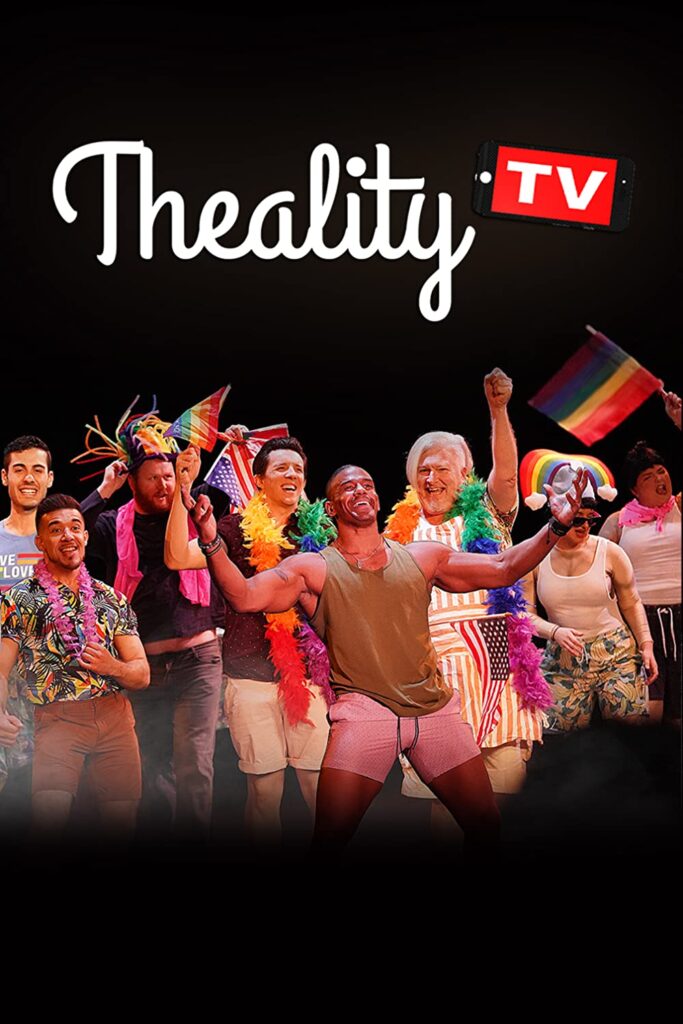
Now with the network SVTV, our content is licensed and created by various creators under the rainbow — and actually gay white males are leading our audience right now on our platform. So we do have a diverse mixture of content on the network. It’s for everyone under the rainbow. I feel that we’re the most diverse streaming platform for the LGBT community that’s out there. … We just want to be all inclusive. I mean, our community fights for equity and inclusion, we can’t be a platform that then divides us when we’re all seeking equity and inclusion. Our platform is all inclusive. We work with various ethnicities.

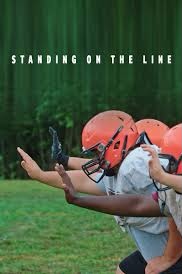
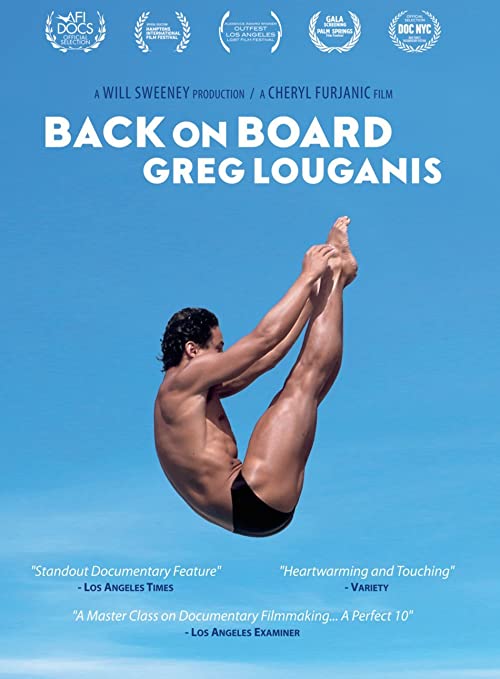
But as far as what’s coming down the pike, you know, I’m very excited. We’re the only LGBTQ digital streaming platform that offers sports and livestreaming sports. So we just recently streamed the Big Peach softball tournament in Atlanta, it’s one of the largest tournaments during Memorial Weekend. We’re now closing on some agreements to do the Gay Bowl — that’s the gay Super Bowl in Hawaii. We just closed the Asana World Series, that’s the female softball version that’s going to be in Maryland. … Being in the sports environment as a coach or former player, sports had to be involved here. But we’re also fighting for equity and inclusion in sports as well and we want to amplify our out athletes, coaches, our allies. And then just continue to work on licensing deals, partnership deals for content and then exclusive content. Right now, we’re in the middle of streaming a docuseries, Out History, hosted by Nick Wolny. It was streamed at the end of Covid via Zoom, and we have transformed it into a docuseries. We had Harvey Milk’s nephew as part of the series as well. We have Malik Brown, who is part of the Atlanta Mayor’s LGBTQ Advisory Board…
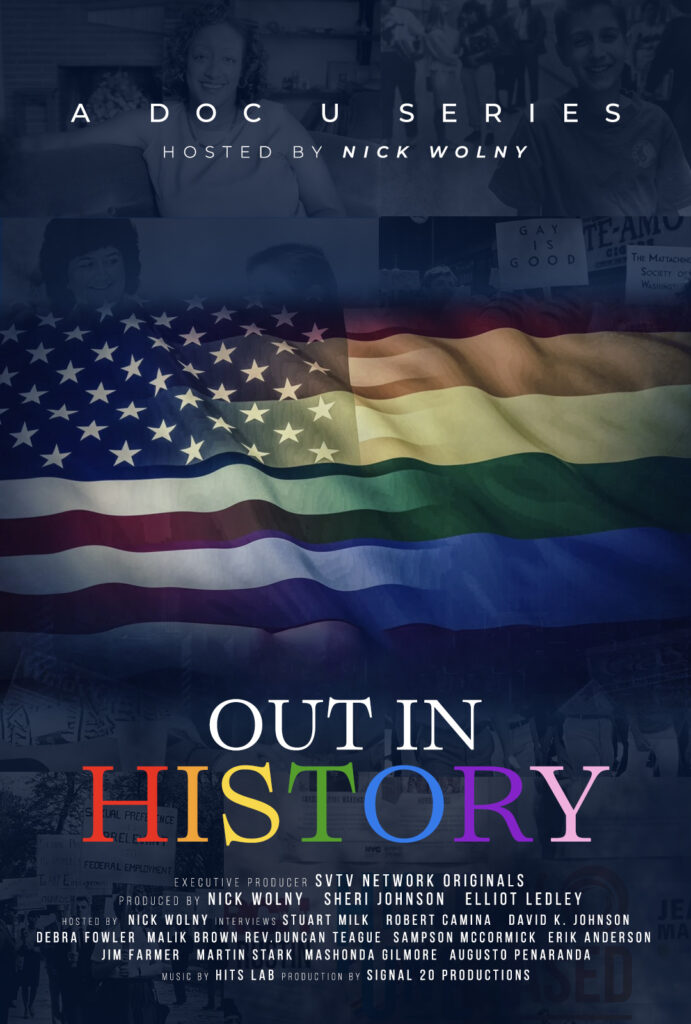
Is there anything you want to get across or say before I let you go? You’ve been so generous with your time and your creativity.
Sheri: Just to speak to the network. Our current mission is we’re here for the community. You know, representation does matter to us. Again, how I got started in this, I didn’t see people like me, but there are other ethnicities who don’t see themselves… We are always fighting for rights and we’re always getting booted off of these platforms who use us to check a box. I got tired of seeing my community beg for a seat at the table. So our platform is the table. So let’s take accountability for our community, our content, a place that we can tell our lives, our stories, our way — on one TV network.
Check out Strong Voices Television here.

